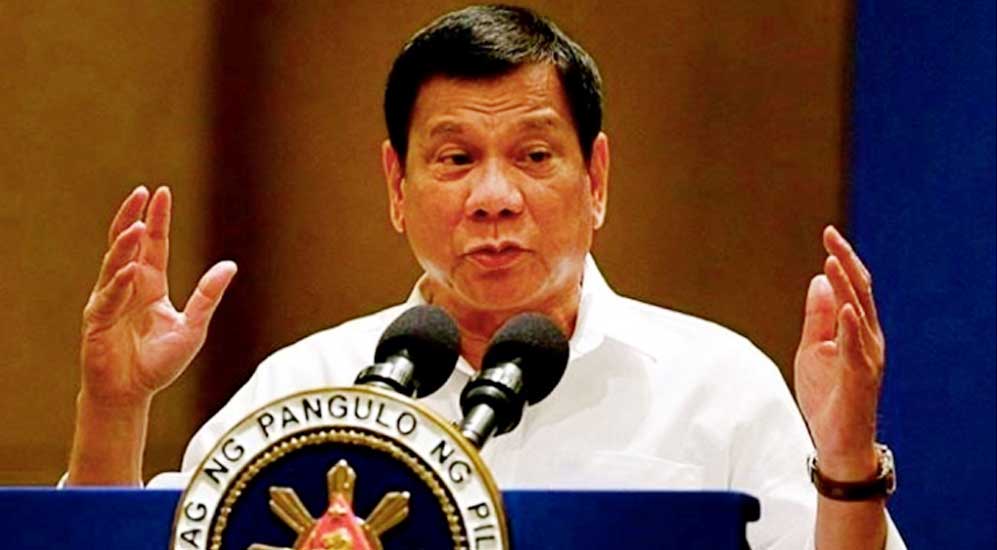President Rodrigo Duterte eased up rules on foreign investment as Malacañang Palace released the latest foreign investment negative list (FINL) providing defined parameters on the kind of welcome foreign investors can expect when doing business in the Philippines after it was delayed for several months.
While this is supposed to be a welcome development, the 11th FINL however got a mixed reaction from foreign and local business groups.
The FINL which is evaluated every two years present which sectors where foreign investors have only limited participation. The 10th FINL was issued under the Aquino administration in 2015. While the clamor to revise the economic laws and laws related to liberalize the entry of foreign investments into the Philippines, the challenge to amend the restrictions as prescribed in the Foreign Investments Negative List (FINL) remains an issue.
The Republic Act 7042 as amended by RA 8179 also known as the Foreign Investments Act of 1991, is the basic law that governs foreign investments in the Philippines. Under this law, foreign investors are allowed to invest 100% equity in companies engaged in almost all types of business activities except on some businesses or activities which the Philippine government deem as reserved to Filipino nationals.
According to Guenter Taus, President of the European Chamber of Commerce of the Philippines, “Overall, it falls short of the ‘aggressive’ changes pursued by Neda (National Economic Development Authority).”
The ECCP Head added that the latest negative list had only “modest gains” such as the liberalization in insurance adjustment and the slight expansion of practice of professions.
Meanwhile, John Forbes, Senior Adviser of the American Chamber of Commerce of the Philippines, had a differing take on the FINL. He said, “The new FINL reflects the first time any administration has seriously sought to shorten the list. Appearances can be deceptive because the new FINL is a longer document, but it has added more clarity and exceptions.”
For many potential foreign investors, the question remains, what kind of business can now have a 100-percent foreign participation?
NEDA listed the following sectors: internet businesses, teaching at higher education levels provided the subject being taught is not a professional subject or included in a government board or bar examination, training centers that are engaged in short-term high level skills development that do not form part of the formal education system, adjustment companies, lending companies, financing companies and investment houses, as well as wellness centers.
Under the Executive Order No. 65, it also increased to 40 percent the participation of foreigners in the construction and repair of locally funded public works as well as private radio communications networks from 25 percent and 20 percent, respectively, previously.
The barrier to entry in local retail market is still the same, a “victory” for small local players, despite an initial plan by economic managers to do so.
Socioeconomic Planning Secretary Ernesto Pernia said that the government was planning to lower the paid-up capital requirement for foreign retailers setting up shop in the country to $200,000 from $2.5 million at present.
While Trade and Industry Secretary Ramon Lopez, who backed the move to lower the threshold, said that while the Pernia’s proposal to to lower the paid-up capital requirement for foreign retailers, this cannot be included in the FINL because it would require amending the law.
The Philippine Retailers Association (PRA) welcomes this development and said, “this is victory for the small Filipino retailers”, according to Roberto Claudio, vice chair of the PRA.
For the NEDA Chief, he really expressed his belief on the need for the restrictive laws to be amended. He said that the latest FINL would help make the country more competitive. But he also acknowledged that this is just “marginal improvements in our effort to attract foreign direct investments (FDI).”
President Duterte in this new FINL, allowed foreign ownership of internet businesses and greater foreign equity in private radio communications networks and contracts for the construction and repair of locally-funded public works. At the same time, he updated the list of professions that foreigners could practice in the Philippines.
With this new list, the 40 percent foreign equity cap on public utilities remains but adds a new exception that covers “power generation and the supply of electricity to the contestable market.”














